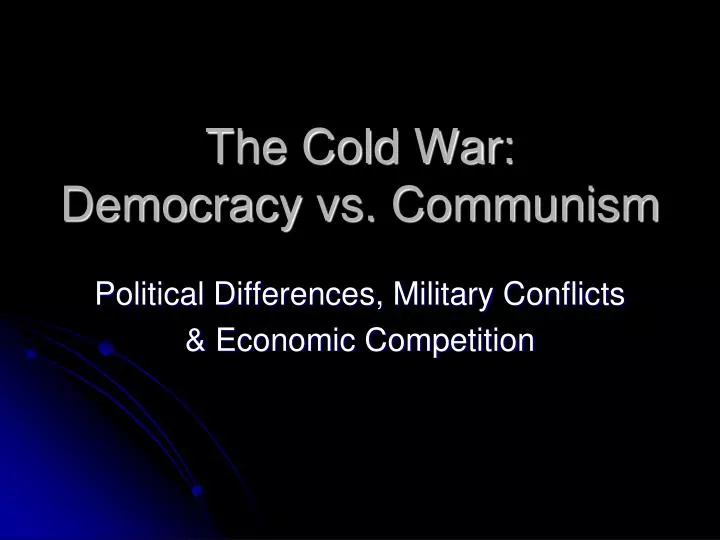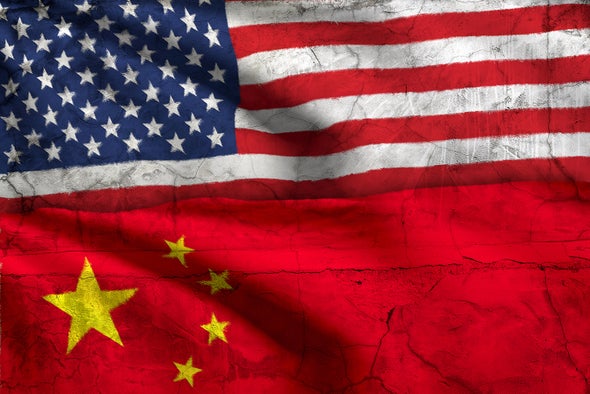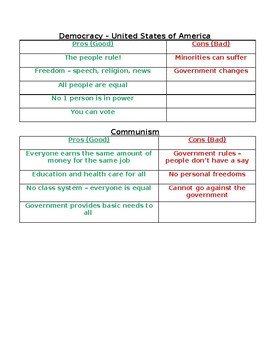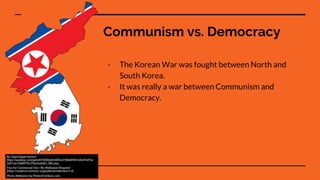Communism and democracy are two fundamentally different political systems with a long and complex history. Both systems have their own strengths and weaknesses, and have been the subject of much debate and conflict throughout the world.
At its core, communism is a political and economic ideology that advocates for the abolition of private ownership and the creation of a classless, stateless society in which resources are shared equally among all members. This is achieved through the establishment of a planned economy, in which production and distribution are centrally controlled by the state. In a communist society, the means of production are owned and controlled by the community as a whole, rather than by individual capitalists or corporations.
In contrast, democracy is a political system that is based on the principles of representative government and majority rule. In a democratic society, power is held by the people, who elect their representatives to make decisions on their behalf. Democracy is characterized by the free and fair election of representatives, the protection of individual rights and freedoms, and the rule of law.
One of the main differences between communism and democracy is the way in which power is exercised. In a communist society, the state holds a monopoly on power and decision-making, while in a democratic society, power is shared among multiple branches of government and is subject to checks and balances. This helps to prevent the concentration of power in the hands of a single individual or group, which can lead to abuses of power.
Another major difference between communism and democracy is the way in which resources are allocated. In a communist society, resources are allocated based on a central plan that is designed to meet the needs of the entire population. This can be effective in ensuring that basic needs are met, but it can also lead to inefficiencies and shortages if the central plan is not well-designed or if it is not able to adapt to changing circumstances. In a democratic society, resources are allocated through a combination of market forces and government intervention, which can be more flexible and responsive to changing needs, but can also lead to inequalities and inefficiencies if left unchecked.
There are also significant differences in the way that these two systems approach individual rights and freedoms. In a communist society, the state is typically seen as the guardian of the common good, and individual rights and freedoms may be subordinated to the needs of the community as a whole. In a democratic society, individual rights and freedoms are typically seen as fundamental and are protected by law. This can lead to a greater degree of personal autonomy and self-determination in a democratic society, but it can also create conflicts with the common good.
Ultimately, the choice between communism and democracy comes down to a trade-off between efficiency and flexibility on the one hand, and individual rights and freedoms on the other. Both systems have their strengths and weaknesses, and the most effective political systems are likely to be those that are able to find a balance between these competing values.






